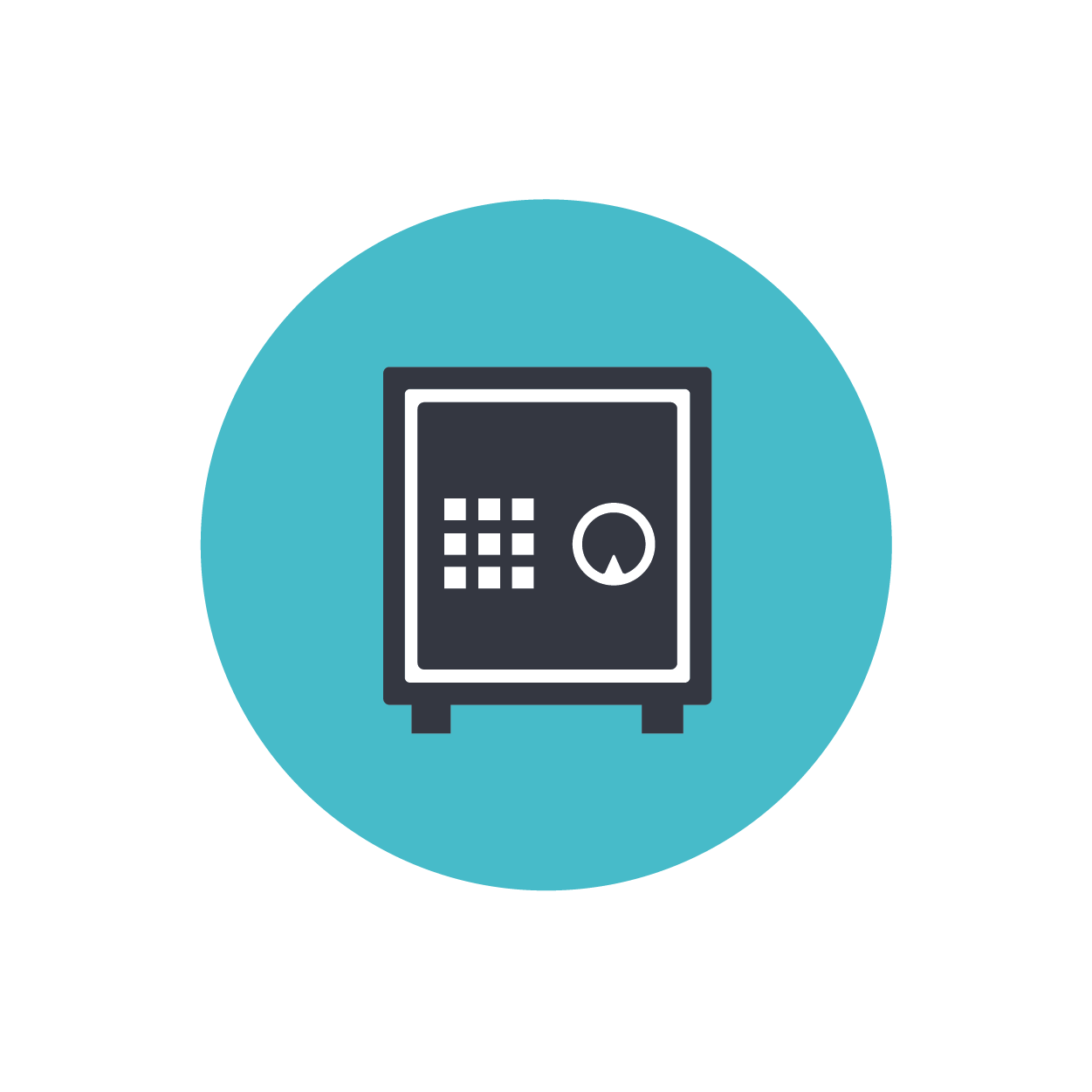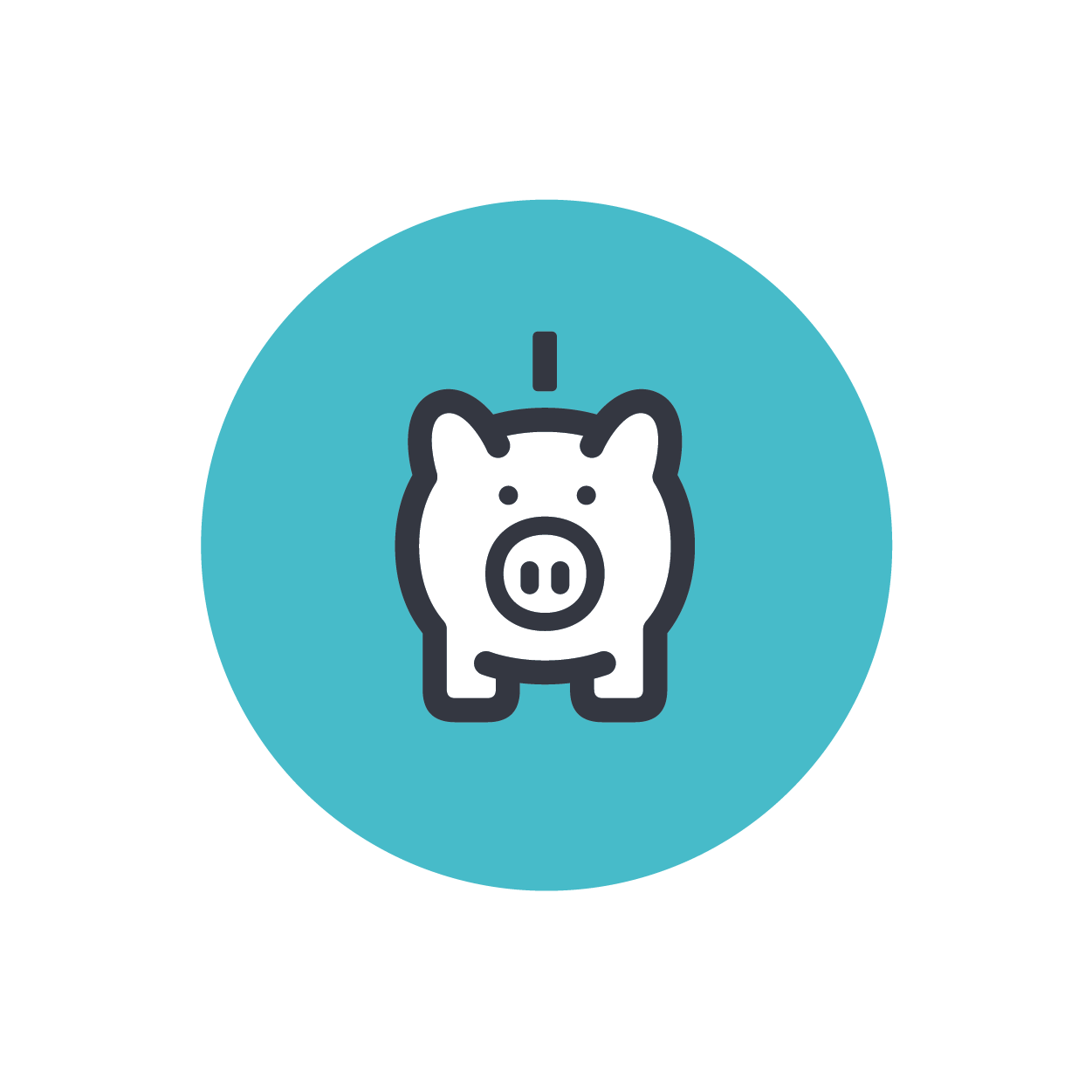Use cash to reduce debt
It is so easy to spend money when you don’t actually have to hand over money.
Making cashless payments requires zero thought and there are so many ways to do it that most of the time it doesn’t even feel like we’re spending a cent. A great way to hit reset on those unplanned, incidental purchases is to use cash for a week, or longer if you can manage it. When I am on holiday I divide my cash up into days and only take that out with me each day.
Importantly, when you shop with a credit card, Apple or Google Pay that connects to a credit card, buy now pay later, or hire purchase deals – you are buying debt.
You’ll need a plan
Spending cash for a week requires you to know approximately how much folding stuff you will need to cover all your shopping and expenses that are not bills, like the power bill.
What would you pay for in an average week?
Groceries
Filling the car with petrol
Bus and train fares
School trips for the tamariki
Lunches
Getting your haircut
Coffees
New clothes and shoes
Going to the movies
Trips to the doctor and medicines, etc
Most of us have lost touch with these expenses and would need to look at our credit card and bank statements to work out where our money goes.
By now you might have worked out there is an ulterior motive to get you to use cash for a week. Keeping track of everyday expenses and creating a budget for them helps everyone understand what they are spending and where changes could be made.
How will you manage the cash?
You need to keep your cash is safe, so please consider where you’ll store it during the week.
To assist with planning the weekly spend, you may want to divide your cash into different days or allocate the dollars to different expenses and put the money into separate envelopes. If you think you’ll be tempted to blow the allocated cash, hide it away until it is needed.
What about places that won’t accept cash?
In New Zealand businesses do not have to accept cash and Covid fears pushed even more businesses to only accept contactless payments, via EFTPOS and credit cards.
However, if you want to pay off debt businesses must accept cash.
Does anyone still use cash?
In 2021, the Reserve Bank of New Zealand completed its third survey on the use of cash in Aotearoa.
Using cash to pay for everyday things has significantly declined. Some key findings from the report that impact on the financial well-being of New Zealanders were:
In 2019, 96% of New Zealanders used cash as one of the ways they pay for everyday things, this reduced to 63% in 2021.
The proportion of heavy cash users declined to 2% in 2021 from 5% in 2017
The main reason for people who report using cash as a way to pay is because the shop/stall only accepts cash. For 42% of Māori one of the reasons they use cash is for cultural reasons (such as koha and gifting) compared to 24% for non-Māori.
Cash is the preferred way to pay for 22% of Māori compared to 12% for non-Māori.
As well as the convenience and privacy cash payments provide for some New Zealanders, the Debtfix Crew are aware of the value of using cash to help adults manage their budgets. Dollars and cents are also a great way to teach children about money.
There’s a good story on Stuff about how New Zealand is becoming a cashless society and a mum of six using cash to manage her budget. Give cash a go for a week and see if it makes any difference to your thoughts on spending.
If you need help with budgeting, here are some good options.
Visit MoneyTalks.
Find a financial mentor near you.
Also, you can always contact Debtfix and a Crew member will throw you a life buoy.



